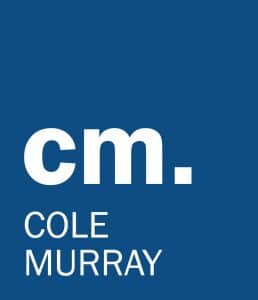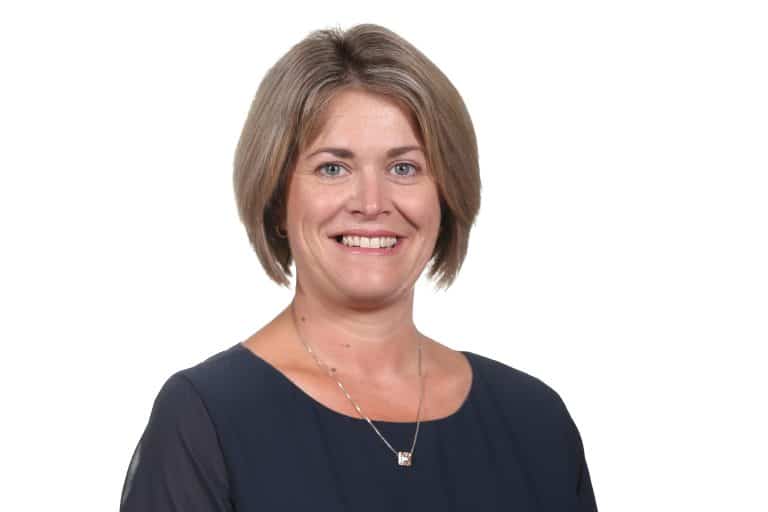Looking at buying your first home? Been saving for a house deposit? Then your ‘borrowing power’ is a critical number to know.
Check out our online calculator to help you work out a rough estimate. But if you want a more precise figure before kicking off your house hunt, getting pre-approved by a lender is a great idea, and Cole Murray is here to make sure you get the best solution for your situation.
To maximise your borrowing power, check out the key things your lender will consider when assessing your application.
Mortgage approvals have two main deciding factors
- Your deposit – how much you have saved in the bank, plus money from other sources (such as your KiwiSaver, any money gifted from parents, etc).
- Serviceability – your likelihood of being able to keep up with your mortgage repayments for the long haul (so how much income you earn regularly), including factoring in any debts you are currently repaying, and making sure you can cope with not only the cost of the mortgage repayments but also that your income can cover things like rates, insurance, house maintenance and of course any rises in interest rates. See more about this at the end of this article.
The size of your deposit
It might sound obvious, but the more money you have put aside for your property deposit, the easier it will be to reduce the amount you have to borrow.
While saving for a larger deposit isn’t always easy, there are ways to boost your down payment. For example, you could use KiwiSaver or even receive a parental gift. Either way, how much will you need?
Under the current LVR (Loan to Value Ratio) restrictions, you will usually need a deposit of at least 20% to buy your first home as an owner-occupier. There are exceptions to this rule, and that’s why it’s important to talk with a Mortgage Adviser. By getting a clear understanding of your circumstances, an Adviser will be able to point you in the right direction.
Your deposit can be made up of any of the following:
- cash you have saved up
- your KiwiSaver savings (if you meet the criteria such as having made contributions for a minimum of three years, etc, you can take out most, but not all, of your savings – there are also options if you have owned a home before under the Second Chance application)
- any cash gifts or equity being used from your parents’ home for instance (here’s an article on how parents can help kids into a home)
Your disposable income
How much money have you got left over after meeting all your living costs and other debt costs? This is a key thing your lender will look at.
Many lenders use standardised expenses, but if you have regular costs to meet (like high transport costs, school or childcare fees and online subscriptions), these will all be included in your servicing calculation, reducing your total disposable income.
To increase your affordability, look at where you can cut some regular expenses. For example, if you have monthly subscriptions to several streaming services, can you cut those back to one? The higher your affordability, the higher your borrowing power. Cole Murray Mortgage Advisers are happy to help you figure out where your finances are sitting and how to maximise their potential.
Your overall financial picture: credit scores and debts
To determine how much you can afford to borrow, your lender will consider your debt-to-income ratio, factoring in all your outgoings as well as your credit score.
Even if you have disposable income, a challenging credit history will damage your borrowing power, and so will a high level of debt. On this note, keep in mind that not all debts are created equal: your lender will look at a number of factors, including the type of debt you have and how it affects your overall financial health.
The bottom line? If you are looking at applying for a home loan, it’s a good idea to come up with a plan to improve your credit score and tackle debt head-on. Once again, our team of friendly Mortgage Advisers will be happy to help you.
Your credit card limit
Credit Card debt isn’t necessarily ‘bad’ if you pay it off on time. What you may not know, however, is that even if you pay it off each month or rarely use them, your credit card limit can still affect your borrowing power.
The limit available will be calculated into your disposable income. For example, if you have a limit of $10,000 with nothing owing on it, your mortgage borrowing potential may still drop by thousands of dollars. If you’d like to maximise your borrowing power, our advice is to choose a low credit card limit (if possible), or close your credit card account altogether if you aren’t using it.
How to budget for homeownership?
Remember the costs don’t stop at the purchase price, so get out a piece of paper and write down the following costs (your Mortgage Adviser can help you with this):
Regular ongoing costs
- Council Rates (these can be found on the city and regional council websites) – remember these are often tied to the registered property value (RV), so if you’re buying a more expensive property, chances are you’ll be paying higher rates
- Bank fees & mortgage repayments
- Insurance – for both your personal/life insurance and insuring your home (contact our Insurance Advisers for a review at no cost to you)
- Body Corporate Fees (if any) – these are not always applicable, but if they are they should be provided by the agent on behalf of the body corporate committee
- Noticeable repairs or maintenance costs (beyond anything major, a rough budget of $2000 per year for property maintenance is usually a good base to start with)
- Rental income and property management fees (if you are renting it out)
One-off costs
- Renovation costs (if you have ambition for a doer-upper)
- Buying entity set up – i.e. are you buying in a company or family trust and still need to set this up?
- Building report
- Lawyer’s fees
- Property Valuer’s fees
- Costs of moving – i.e. paying for house movers, school fees, change of uniforms
- Utilities – i.e. the cost of disconnecting/reconnecting your internet, phone, etc.
Let us help you
Like to find out more about your borrowing power and how you can optimise it? Cole Murray’s Mortgage Advisers are here to help. Give us a call for a no-obligation chat and get your journey to home ownership started today! It’s a service that comes at no cost to you*, and puts your interests first – learn more here.




